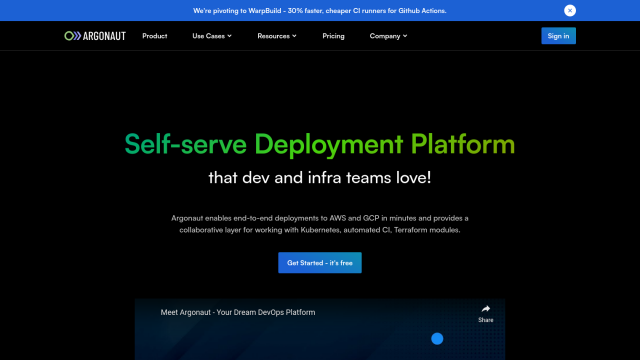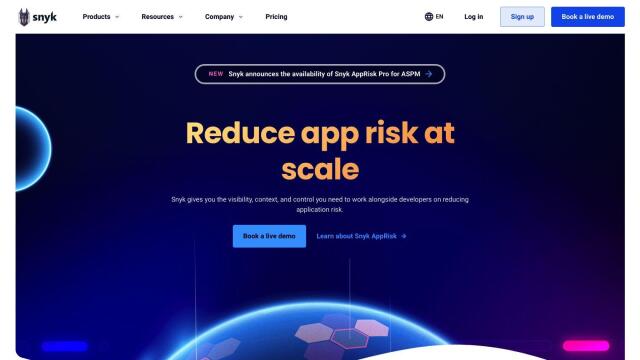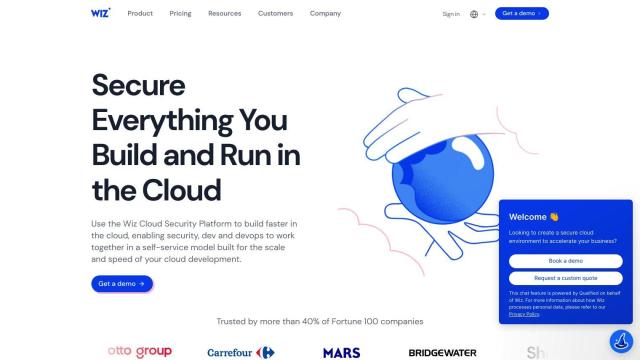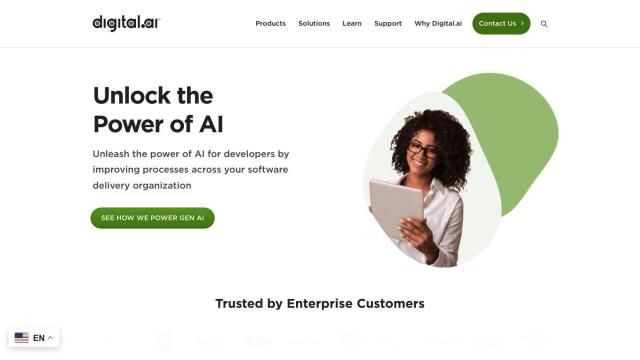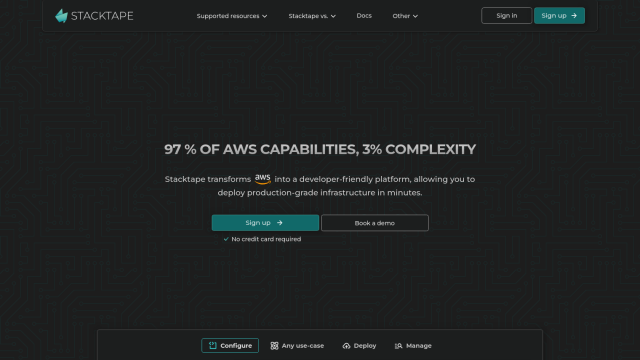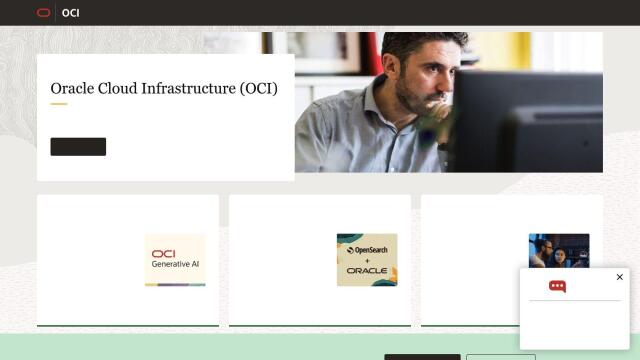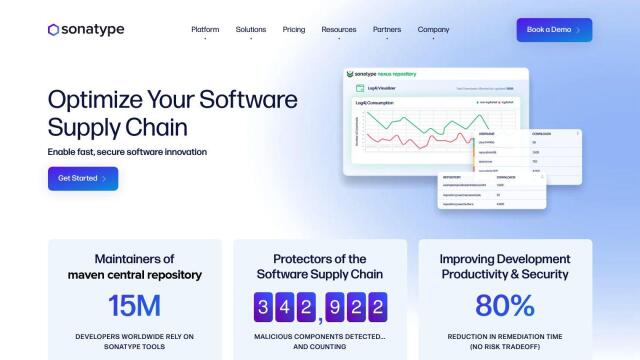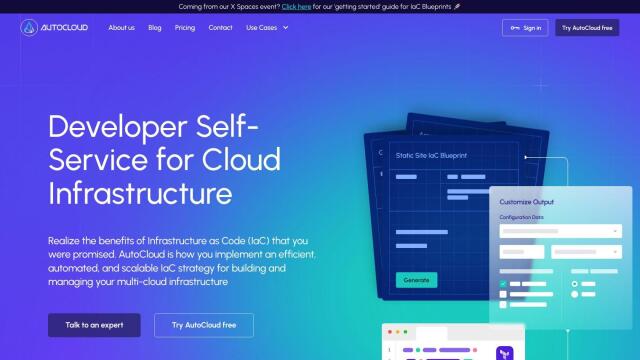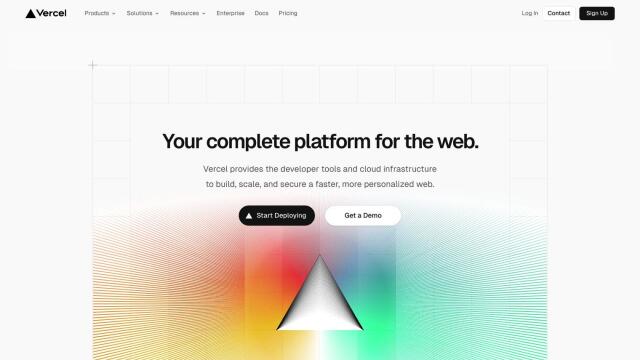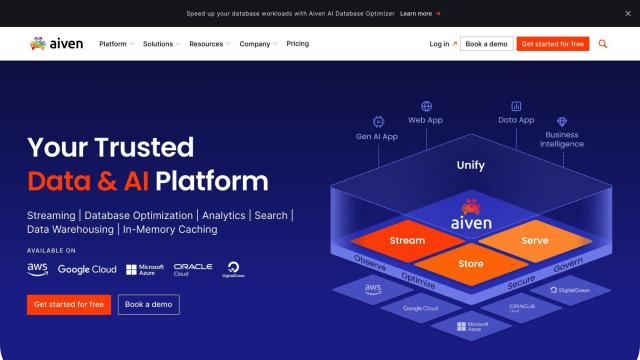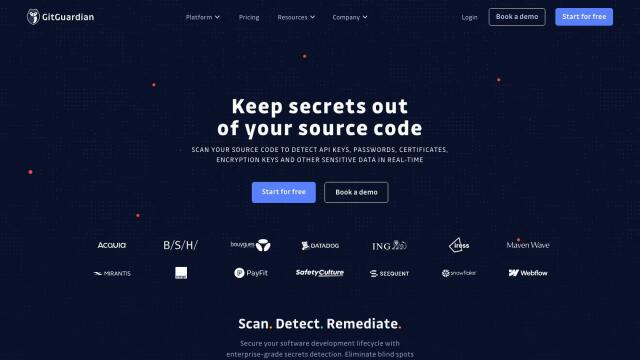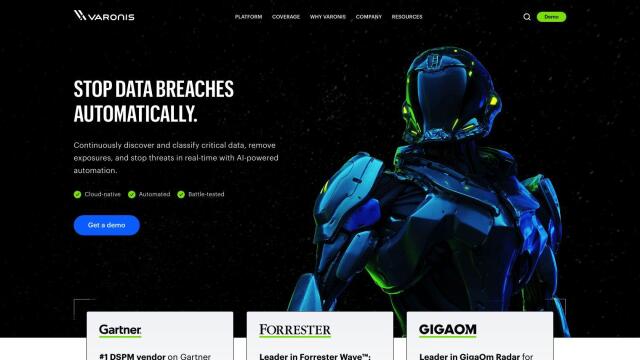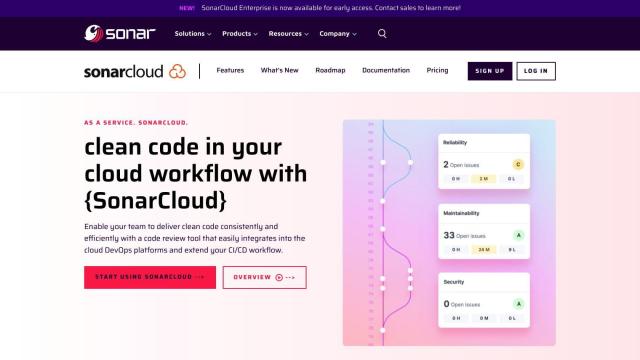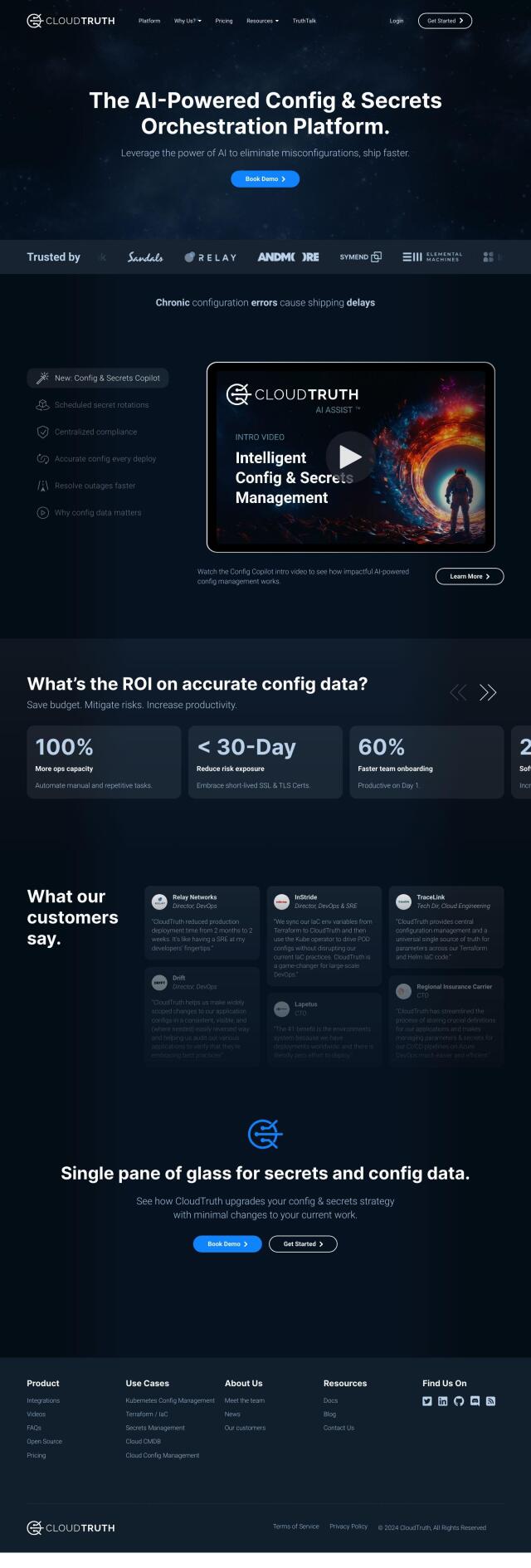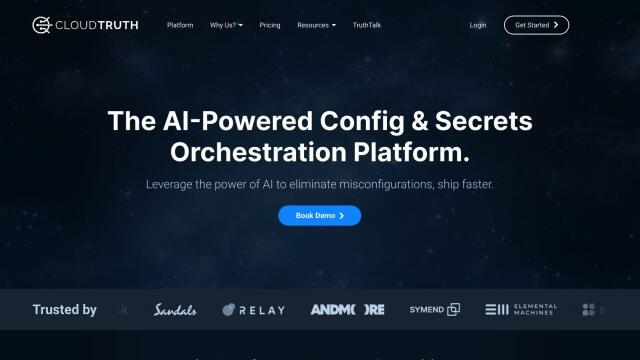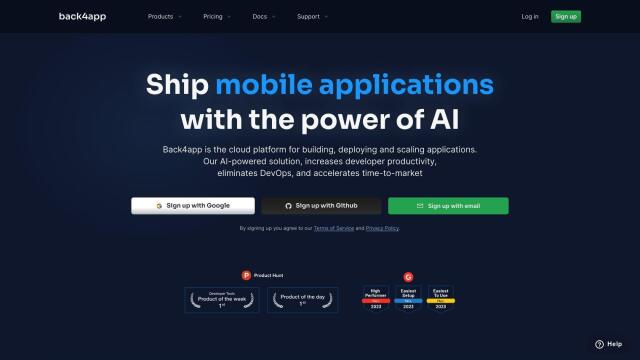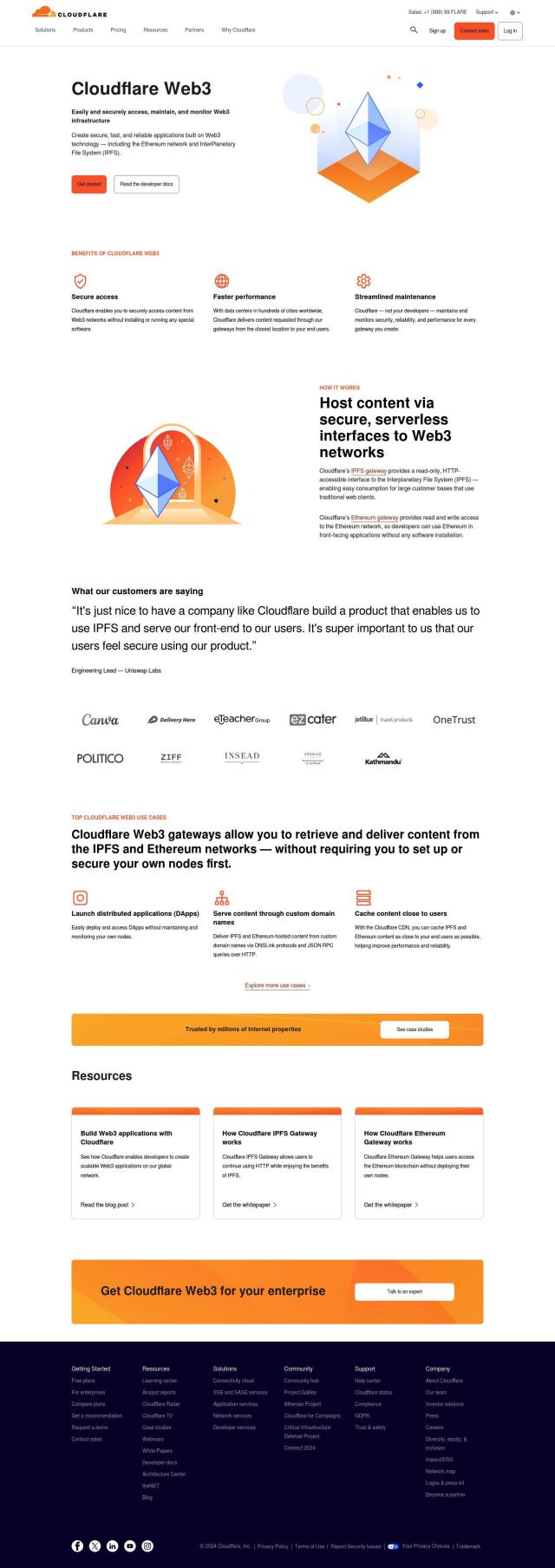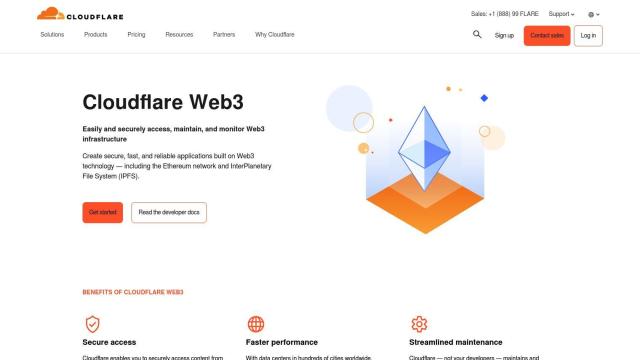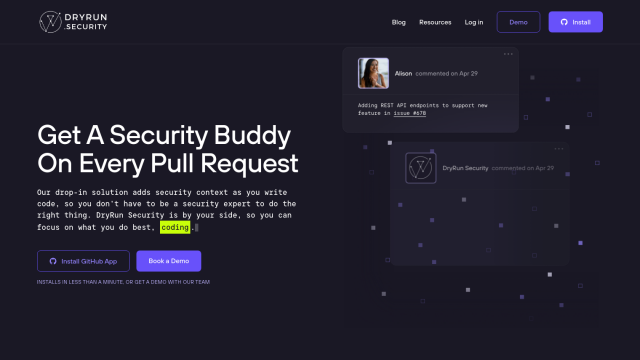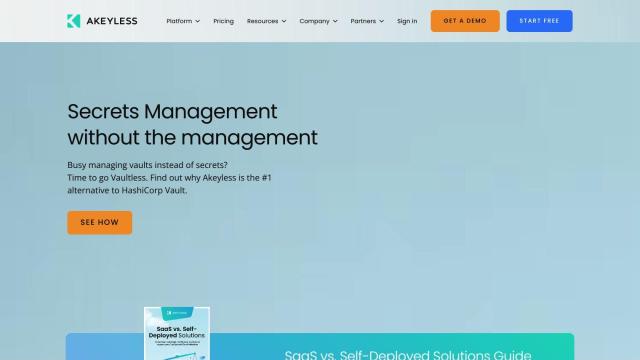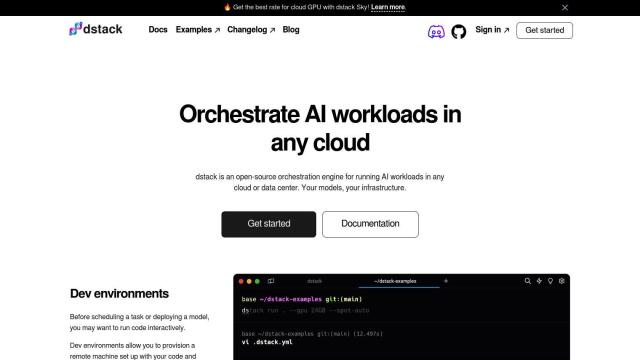Question: Can you recommend a platform that helps build and deploy cloud-native applications securely and efficiently?

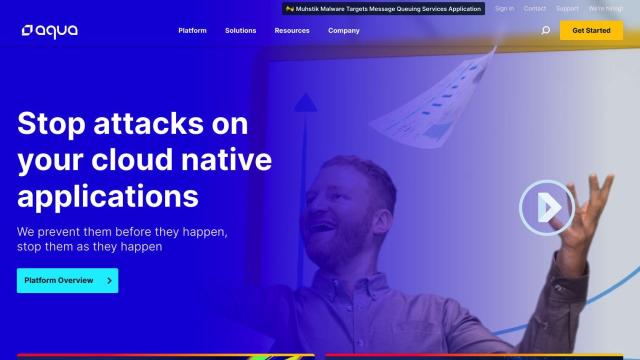
Aqua
If you need a powerful foundation for building and delivering cloud-native software while keeping it secure and running efficiently, Aqua is a top contender. It's a cloud-native security platform that spans a range of container foundations, including Kubernetes, Docker and OpenShift. Aqua's tools span the life cycle of software, from development to production, with features like event-based scanning, automated devsecops and compliance tools. It supports a range of environments, including AWS, Google Cloud and Azure, so you can keep your software development life cycle secure.

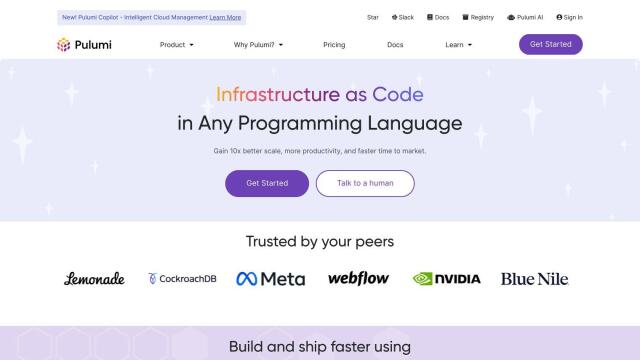
Pulumi
Another top pick is Pulumi, an open-source infrastructure as code (IaC) SDK. Pulumi lets developers design, deploy and manage infrastructure across multiple clouds using the programming language they're already familiar with. It integrates with existing software delivery pipelines and supports cloud services from AWS, Azure and Google Cloud. Its features include policy-as-code, automated testing and deployment, making it a good option for boosting productivity and scalability in infrastructure operations.

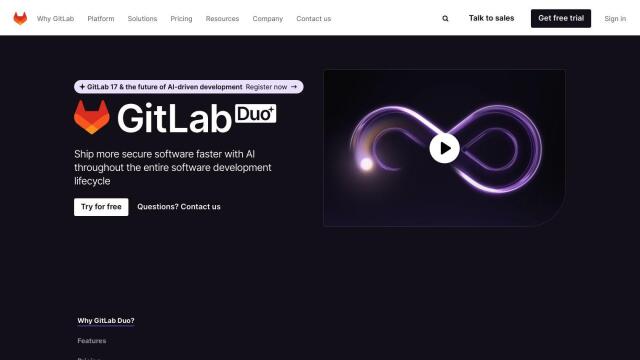
GitLab Duo
If you want a more unified DevSecOps experience, GitLab Duo is a powerful AI-powered platform. It automates software delivery and protects the end-to-end software supply chain with continuous integration, threat vector management and vulnerability management. GitLab supports a variety of environments, so it's a good option for teams that want to modernize their development processes and improve collaboration.

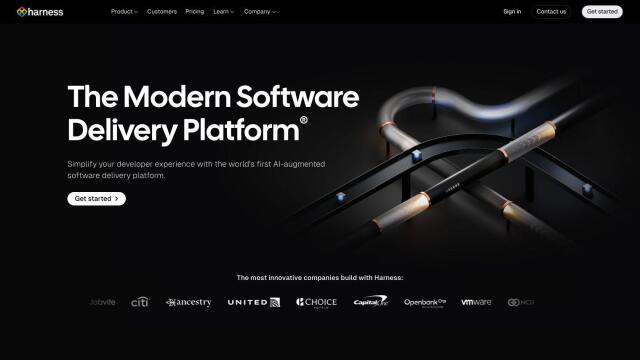
Harness
Last, Harness is another contender for automating and optimizing the software delivery life cycle. It uses AI for tasks like continuous integration, feature flags and cloud cost optimization. Harness offers automated pipelines, secure infrastructure management and cloud cost optimization, making it a good option for boosting developer productivity and ensuring a secure software development experience.

